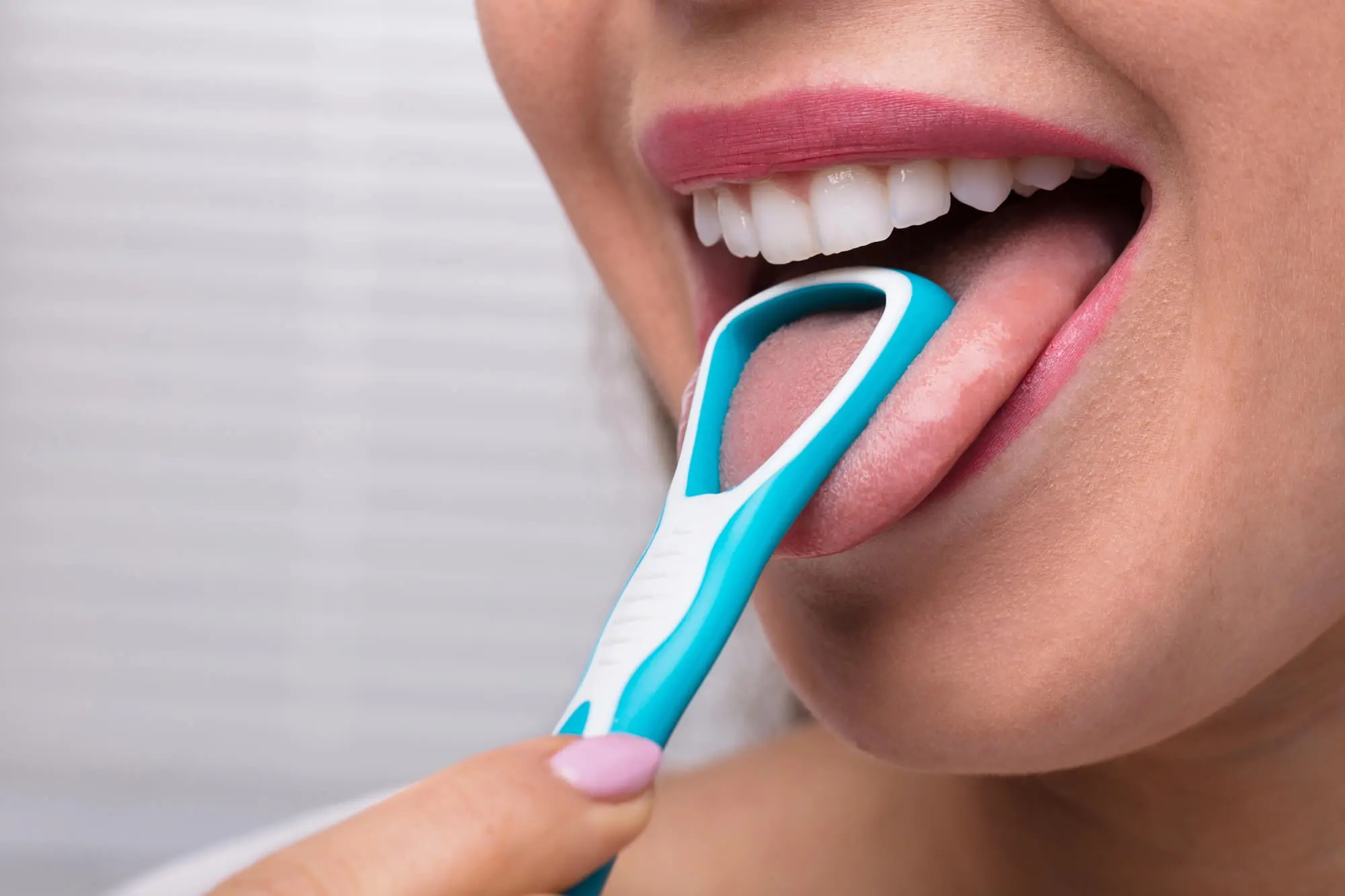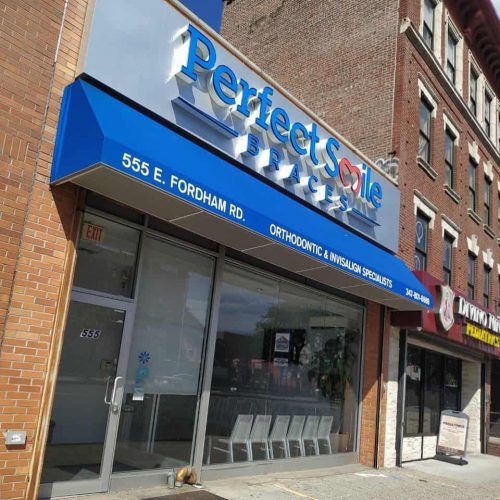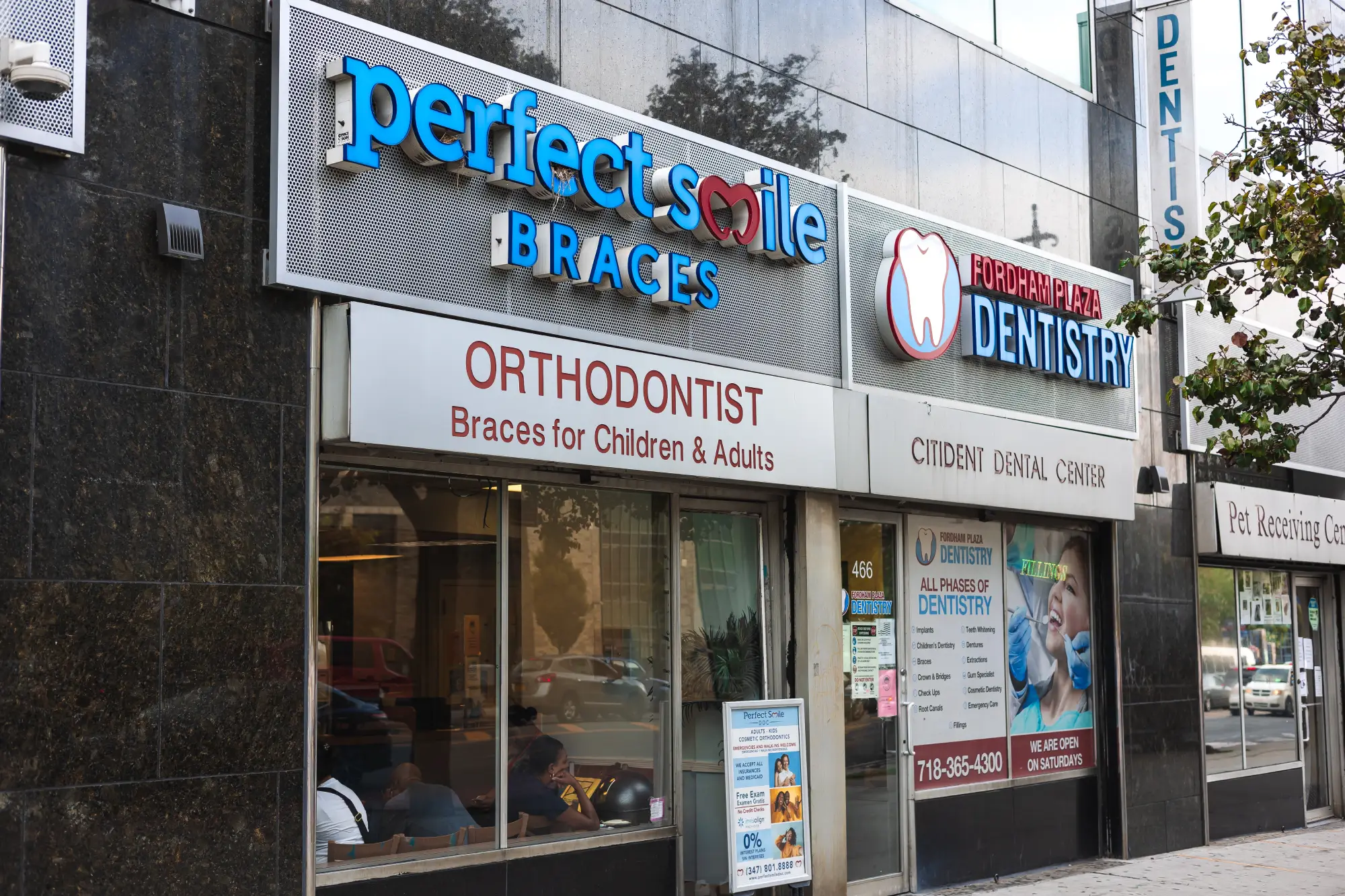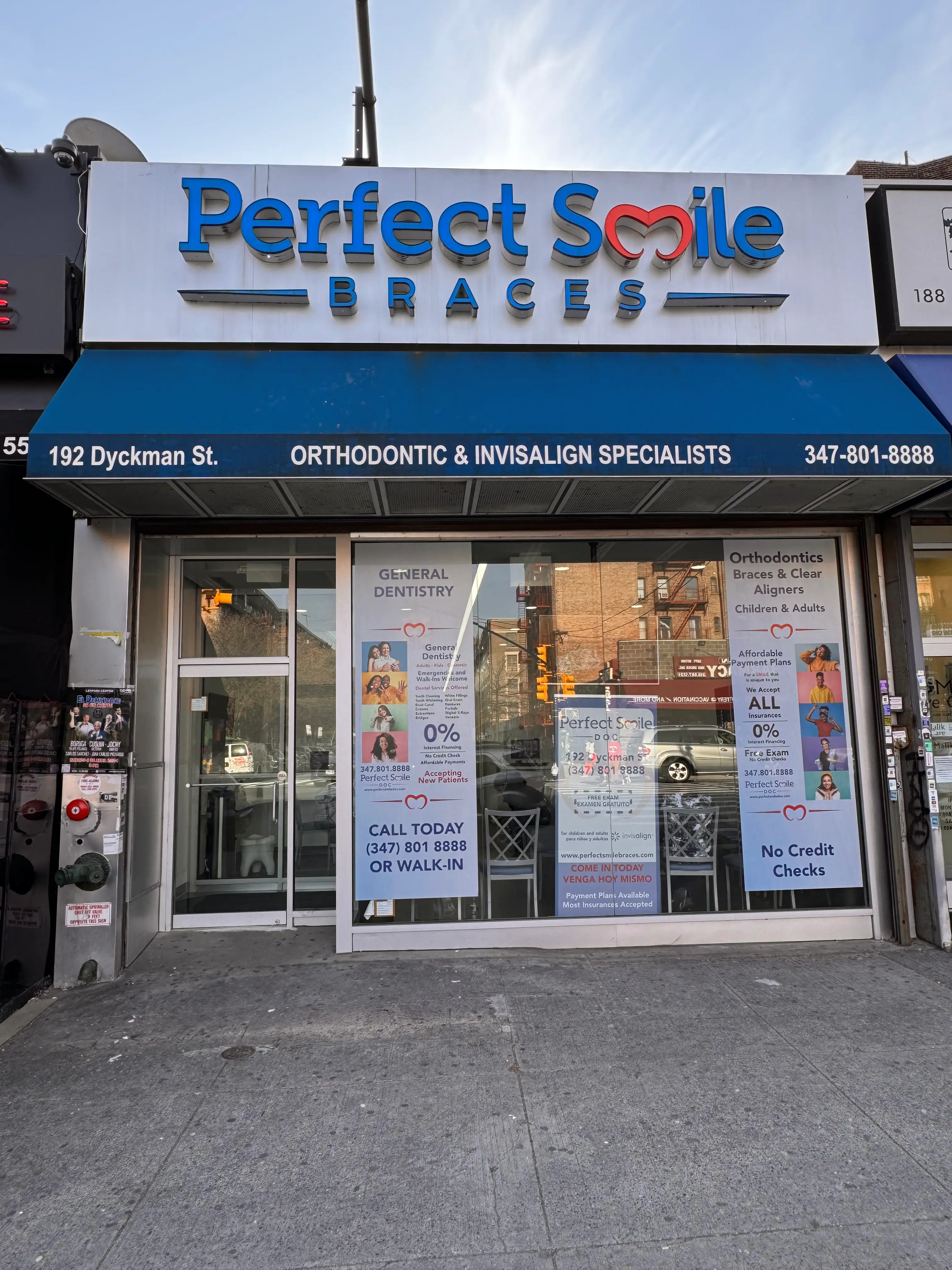Post
The Complete Guide to Halitosis—or What to Do If You Struggle with Bad Breath
Everyone experiences bad breath occasionally—after a garlicky meal, a cup of coffee, or a night of poor sleep. However, when bad breath becomes persistent, it’s known as halitosis. This may point to an underlying issue that needs attention from a Fordham dentist.
Chronic bad breath isn’t just a social concern—it can also be a sign of problems with oral hygiene, diet, or overall health. Understanding the most common causes and getting a dental exam can help you manage or prevent them more effectively.

What Is Halitosis?
Halitosis is a medical term for bad breath. Everyone occasionally experiences bad breath after eating garlic, onions, or other strong foods. However, persistent bad breath (chronic halitosis) may indicate a problem with oral health or a condition affecting another part of your body.
If you suffer from halitosis, know that you are not alone: it is a common condition that affects roughly one out of every four people worldwide. One study that compiled the findings of 13 medical journal articles discovered that halitosis affects approximately 31.8% of the population.
Unfortunately, knowing that bad breath is common doesn’t necessarily make dealing with it easier. Understanding the underlying cause of your halitosis is key to tackling it.
What Causes Halitosis?
Halitosis is often a warning signal from the body that something is wrong, so finding the cause is the first step in treating the condition.
1. Poor Oral Hygiene
Poor or inconsistent oral habits are the most common cause of chronic bad breath.
Food particles remain in the mouth and between teeth when you don't brush and floss regularly. Bacteria in the mouth feed on these particles, releasing foul-smelling sulfur compounds as they break them down. The more you go without cleaning, the more these bacteria grow into plaque. This sticky substance can accumulate around the gum line.
In response, your gums separate from the teeth, causing deep pockets where more bacteria can accumulate, thus causing a stronger odor. Similarly, plaque can harden into tartar, which cannot be removed with brushing alone and traps even more bacteria.
2. Bacterial Coating on the Tongue
Neglecting tongue cleaning is also a problem.
The tongue (particularly the back of the tongue) can develop a white or yellowish coating of bacteria, food debris, and dead cells. This buildup can give off a smell like rotten eggs or sulfur.
If you notice this issue, regular tongue scraping or brushing can help reduce the bacterial load and freshen your breath.
3. Gum Disease
When plaque and bacteria are left unchecked, they can irritate your gums, causing gingivitis. If left to progress, this can lead to periodontitis, a more advanced form of gum disease.
Periodontitis causes bleeding, inflamed gums, and persistent bad odor due to bacteria and decaying tissue. Chronic bad breath is often one of the earliest signs of gum disease. If you suspect this could be your problem, contact your dentist immediately to prevent further damage.
4. Food Choices
Certain foods are well-known contributors to bad breath, such as:
- Garlic and onions (contain sulfur compounds)
- Spicy foods
- Fish
- Coffee
Brushing only temporarily masks these types of odors, so if you have chronic bad breath, try to reduce these foods.
5. Tobacco Use
Smoking and chewing tobacco not only dry out the mouth but also leave strong-smelling residues on the breath, which cause halitosis.
Additionally, tobacco users are also more prone to gum disease and oral infections, which is why they tend to experience persistent halitosis more frequently.
6. Dry Mouth (Xerostomia)
Saliva plays a key role in cleaning the mouth and neutralizing acids. Saliva can be reduced due to dehydration, medications, or mouth breathing. The result is a dry mouth, where bacteria flourish.
Medications like antidepressants or antihistamines mainly cause dry mouth. However, stress, anxiety, and practices like mouth breathing or snoring can also lead to this issue. The drier your mouth is, the more bacteria can grow.
Luckily, dentists can help you combat dry mouth with dental cleanings and even products that stimulate saliva.
7. Sinus or Throat Infections
Postnasal drip from allergies, sinus infections, or colds can contribute to bad breath. Mucus drains into the throat, feeding bacteria that release unpleasant odors. Tonsil stones (small, white calcified bits of debris caught in the tonsils) are another common culprit.
8. Underlying Medical Conditions
Sometimes, halitosis is a symptom of a broader health problem, such as:
- Diabetes, which can cause a sweet, fruity odor
- Gastroesophageal reflux disease (GERD)
- Liver or kidney disease
- Respiratory infections
If your dentist rules out oral causes of chronic bad breath, your primary care doctor may investigate systemic issues.

When to Seek Help
Chronic bad breath is often an indicator of a more serious underlying issue. While some quick solutions like mints or mouth sprays can target the symptom, they won’t help you eliminate the cause at the root.
If your bad breath persists, even with improved oral hygiene habits, you may want to consider the following:
- Visiting your dentist for a professional cleaning and exam, and to rule out gum disease or infection
- Discussing medications that might cause dry mouth with your main healthcare provider
- Getting a referral to a primary care provider or ENT specialist
Professional Dental Cleanings: Your Biggest Aid Against Bad Odor
While going over the leading causes for halitosis, you may have noticed a common indicator: bacteria.
Bacteria in our mouths are normal and often beneficial, as they help our saliva break down food to begin the digestive process. However, when oral hygiene practices aren’t consistent, the bad type of bacteria starts to flourish. That’s why dental cleanings can be a great aid against bad breath.
During professional cleanings, your dentist or hygienist uses specialized tools to remove plaque and tartar buildup from your teeth and gumline. The result is a clean, healthy, and odor-free smile.

Contact Our Fordham Dentist and Protect the Future of Your Smile
Chronic bad breath isn’t just embarrassing—it can be a red flag for deeper issues. Most causes are preventable or treatable with the right care and habits, like good hygiene, hydration, and regular dental visits to Perfect Smile Doc.
We have the knowledge and expertise to help you maintain fresh breath and a healthy mouth. Don’t be afraid to ask for help. Contact us today to schedule an appointment!
Not Sure if You’re Covered?
Your Perfect Smile is within reach, and we're here to help you every step of the way. We can streamline the process for you by contacting your insurance company and acquiring a detailed breakdown of your specific plan information. Let us take the guesswork out of navigating insurance and payment options.
Learn More

555 E FORDHAM RD BRONX, NY 10458
MONDAY TO FRIDAY 9:00 AM – 6:00 PM
SATURDAY 8:00 AM – 2:30 PM
B
D
4
Bx12
Bx12+
Bx9
Bx15
Bx17
Bx22
Bx41
Bx34 B Bx1
Bx2
BxM4

468 E FORDHAM RD BRONX, NY 10458
MONDAY TO FRIDAY 9:00 AM – 6:00 PM
SATURDAY 8:00 AM – 2:30 PM
B
D
4
Bx12
Bx12+
Bx9
Bx15
Bx17
Bx22
Bx41
Bx34
Bx1
Bx2
BxM4

192 Dyckman St New York, NY 10040
MONDAY TO FRIDAY 9:00 AM – 6:00 PM
SATURDAY 8:00 AM – 2:30 PM
A
1
M100
Bx7
BxM1
Bx12
Bx12-SBS
Bx20
M3




